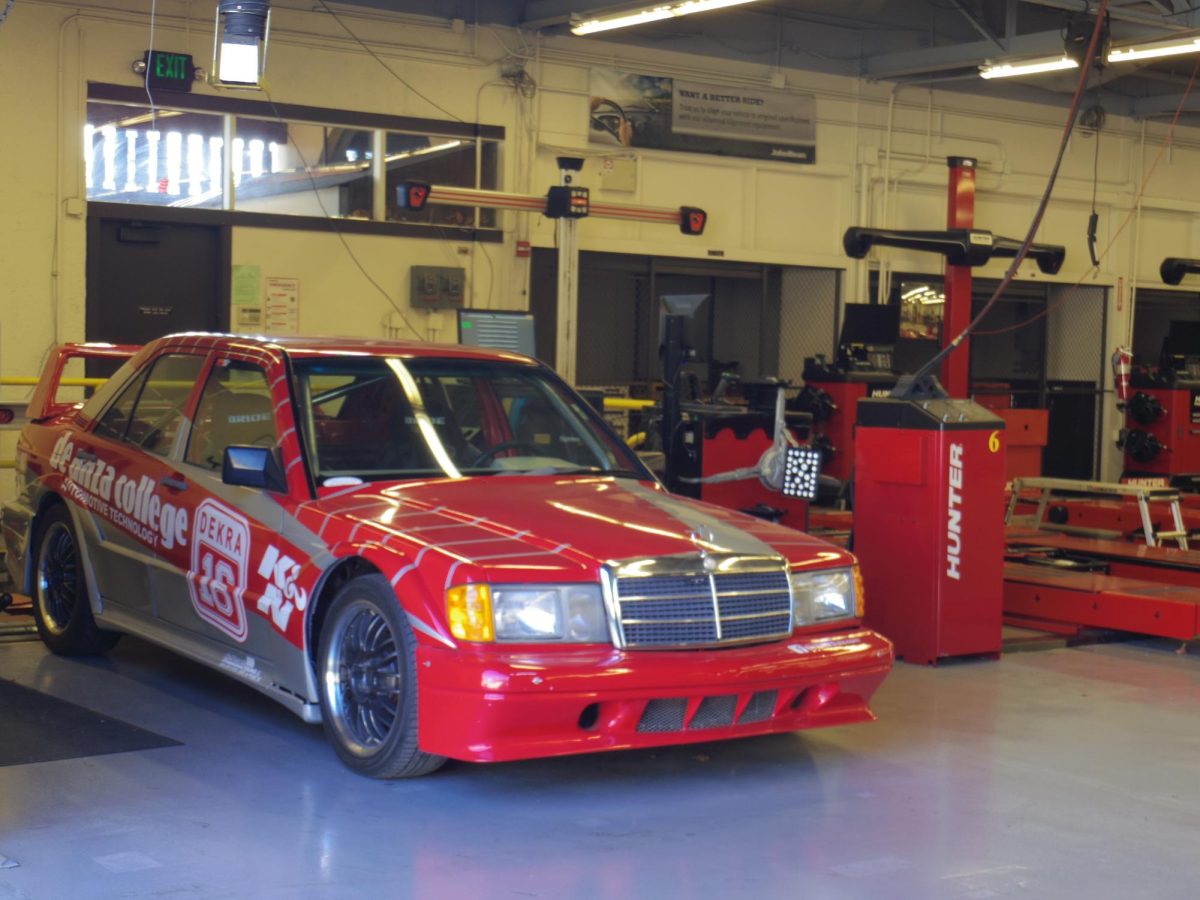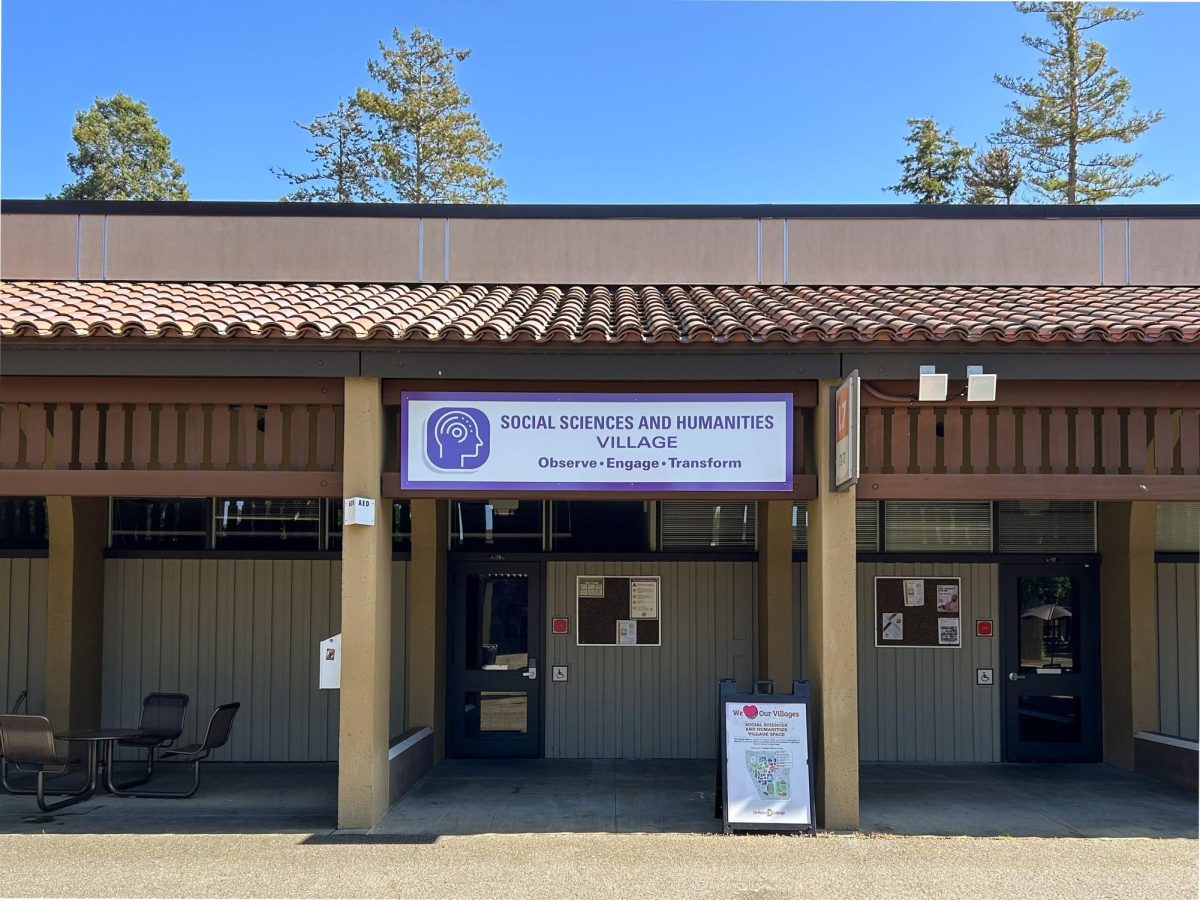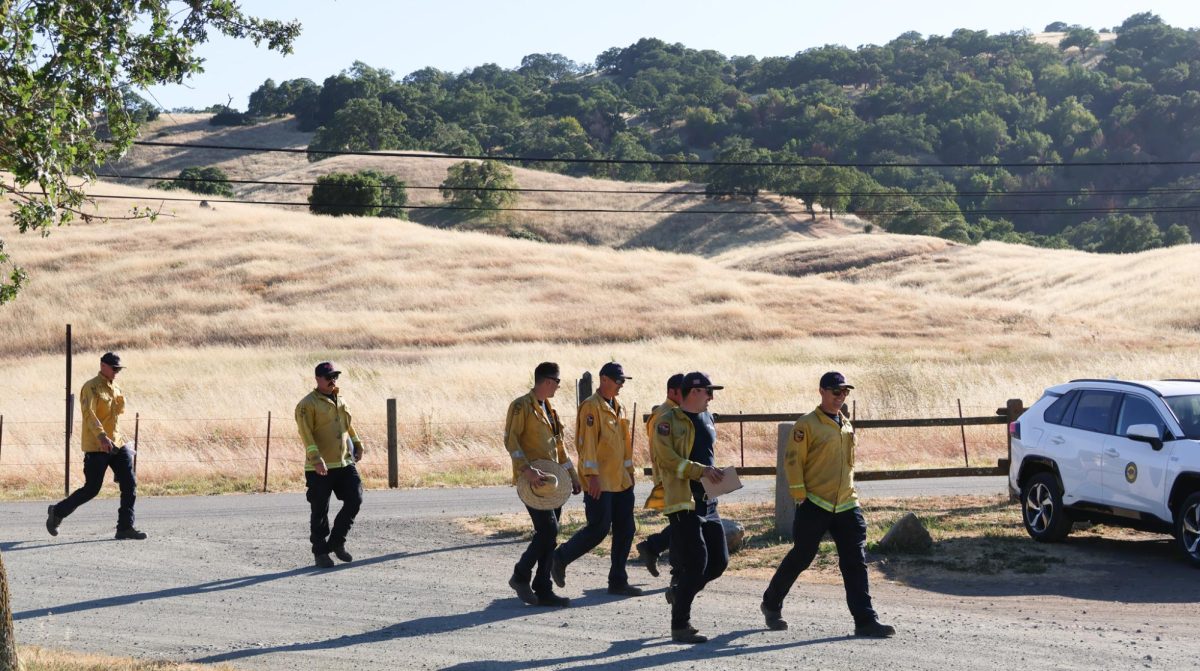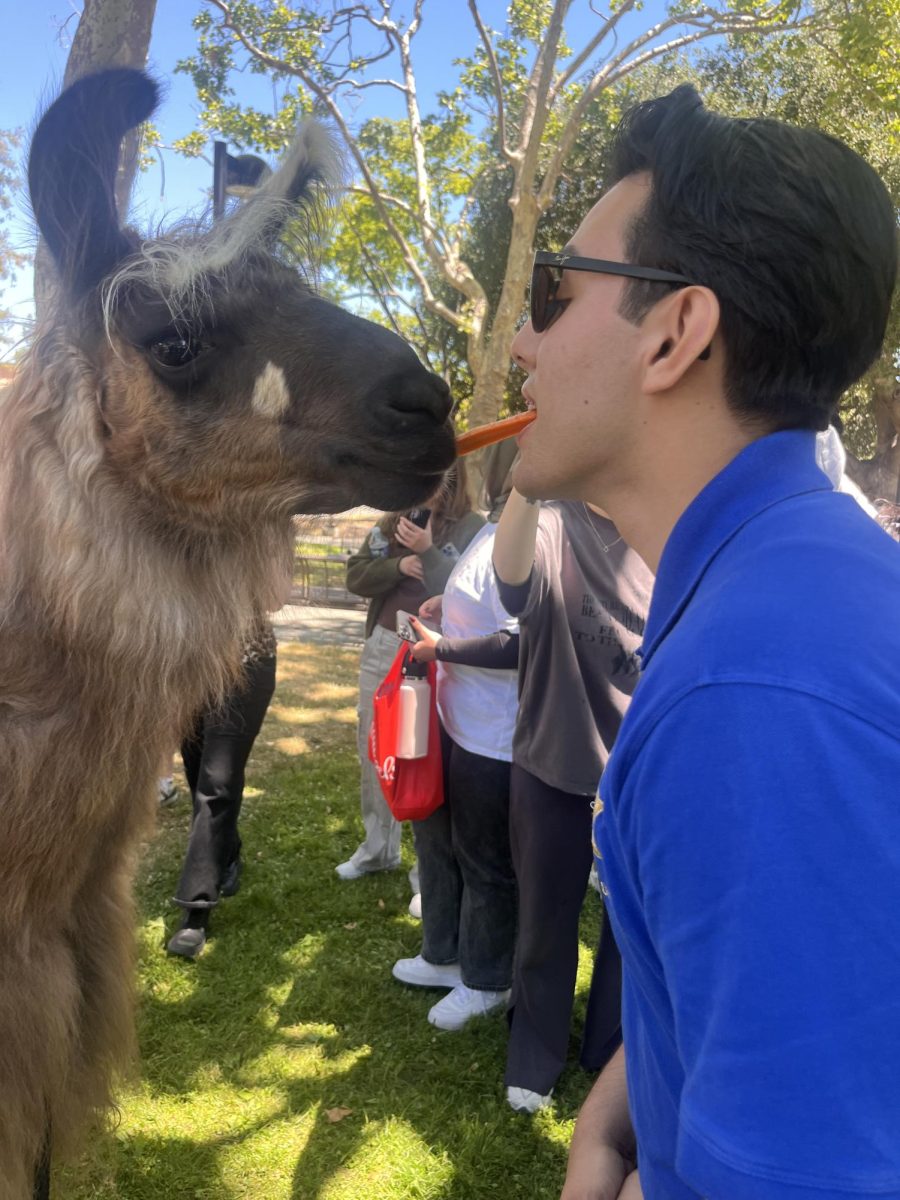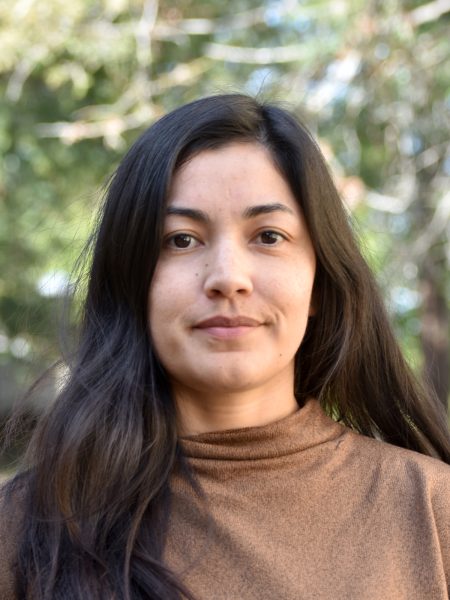The Board of Governors of the California community colleges approved a proposal to the California Code of Regulations Title V, which set new faculty qualifications and updated the policy for California community colleges offering bachelor’s degree programs.
The new proposal sets new qualifications for faculty teaching upper-division coursework, sets new degree, admission and workforce requirements, and adjusts the fees for upper-division courses.
“It’s a big win for students,” Dave Capitolo, department chair of the auto technology department, said. “The same (general education) that students completed for that associate degree years ago is the lower division GE for the bachelor’s degree.”
The proposal also received broad support across the California community colleges.
“These changes will ensure our colleges can address critical workforce demands with clear and consistent guidelines,” the California Community Colleges bachelor’s degree programs, a grouping of the community colleges, said in a letter of support.
Amended sections to Title V include sections 53410 and 53430, which states that the minimum qualifications to serve as faculty are a bachelor’s degree and 6 years of professional experience, or a master’s degree.

Sections 58501, 58520 were amended to include the rules governing bachelor’s degree programs. The new clause states that fees charged for students enrolled in upper-division coursework in a baccalaureate degree program will be a per credit unit rate prescribed by the California legislature.
In addition, all enrollment fees are required to be published in the college catalog and website.
The Pilot Program handbook (section 55009), which included the enrollment and graduation requirements was repealed to instead include Article 9, which sets guidelines for district policies, new criteria for upper division and GE courses, admissions and degree requirements.
These changes were approved Jan. 14 by the Board of Governors. The Secretary of State is expected to approve within 30 days.
Prior to the new policy, many community colleges in California offered bachelor’s degrees through the pilot programs of 2014, but in 2021 governor Gavin Newsom signed legislation making baccalaureate degree programs permanent across California colleges.

The program now expands across 38 community colleges in California, offering a variety of bachelor’s degrees. This includes De Anza, which will begin accepting applications for the auto tech bachelor’s degree program as early as this spring with classes starting in the fall, according to Capitolo.
“What we’re really excited about is students being able to get new jobs, upward mobility and open up new career paths in management at dealerships and municipalities,” Capitolo said.
Recent high school graduates in the auto technology program also expressed excitement over the new bachelor’s degree program.
“We have one of the best auto tech programs and I am excited that we get to expand on it. Once I complete my (associate’s) I plan to apply to the bachelor’s degree program,” Edwin Garcia, 19, automotive technology major, said.
Other students in the program plan to open shops of their own through the skills earned in the new program.
“I am excited for the bachelor’s program and everything it will offer. I want to open up my own shop and I know the program will give me the skills necessary to pursue my future goals,” Cesar Valencia, 18, automotive technology major, said.
Students will get to apply for the advanced degree program for only a fraction of a cost compared to CSUs and UCs.
“Your investment is about $10,000 not including books and other materials,” Capitolo said.
The bachelor’s degree will also be tailored to working adults, so classes will be offered fully online and asynchronous.
“Many of these students are working adults already in the industry, so that’s why we developed this to be fully online, no Zoom meetings,” Capitolo said.
Although a maximum of 35 students will be accepted into the program, students not accepted the first time can reapply.
“If there are any students that did not get accepted the first go-around, we don’t just forget about them. We give them a developmental plan so that they are ready for the next cohort,” Capitolo said.
Students interested in applying to De Anza’s new bachelor’s degree program must have an associate degree in automotive technology.




